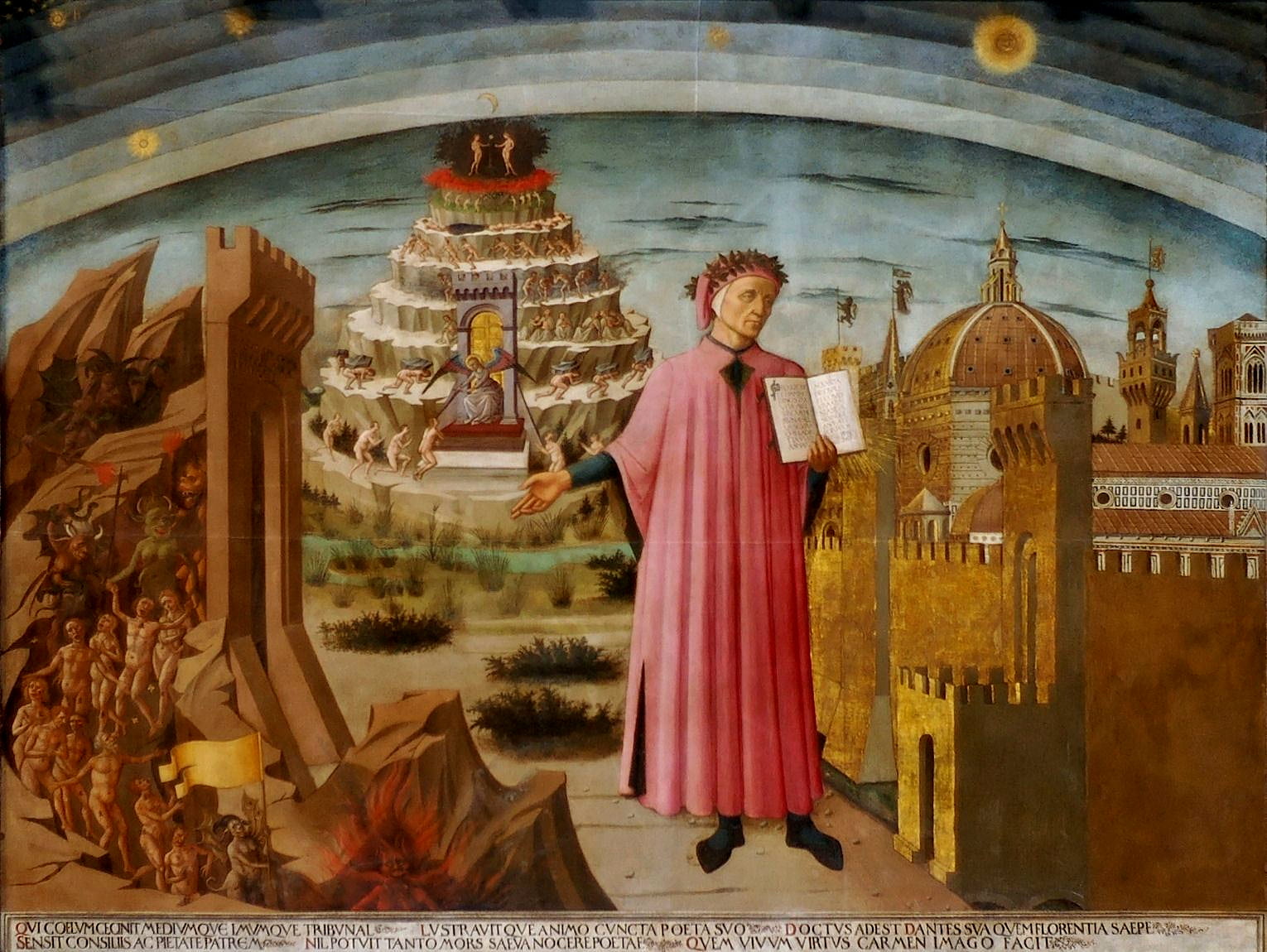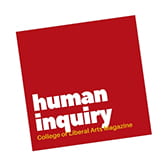
Dante Alighieri, better known as Dante, was an Italian poet, writer, and philosopher from the 14th century. One of his most notable pieces of work is called The Divine Comedy or the Commedia. The Commedia is a narrative poem split into three separate parts: Inferno, Purgatorio, and Paradiso. This poem follows Dante on his envisioned journey through Hell, Purgatory, and eventually Heaven. The Commedia is considered an important piece of world literature because of the unique perspective it provides on Catholicism and Italy in the late Middle Ages. Due to its popularity, over the centuries scholars have commentated on the three parts of Dante’s the Commedia.
This past summer, graduate students in Dr. Leah Schwebel’s online Dante seminar collaborated on creating a commentary on the Commedia. Dr. Schwebel, Associate Professor of English explained: “The commentary tradition is, and has always been, vital to our reading of the Commedia, with the poet inviting debate and exegetical analysis from the beginning. We are fortunate to have digital access to most of these commentaries (thanks to the outstanding work of Robert Hollander and the Dartmouth Dante Project: https://dante.dartmouth.edu/).” Unfortunately, due to all the commentaries being in Italian and Latin, they are inaccessible to students who do not know these languages.
Dr. Schwebel found that the students in the course had a wide range of interests and capabilities. With this in mind, they were asked to create a collaborative, online, English commentary on the Commedia. The students used a website medium to create their online commentary. When talking about the website Dr. Schewebel said “The work is really exciting, with some students looking at visual representations of Dante’s work, others compiling links and references to Dante’s musical references, and still others tracing biblical and classical allusions, to name a few of many approaches. I hope to keep this collaborative project ongoing in future courses and seminars on Dante.”
The website is available for viewing. Explore Dante’s Commedia and the associated commentary by going to the provided link.
Link:
https://sites.google.com/g.comalisd.org/divinecomedyhumanitiesproject/home?authuser=0
Source:
